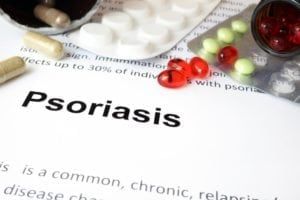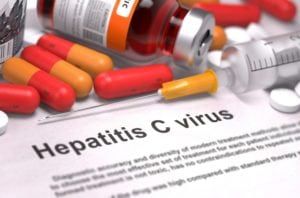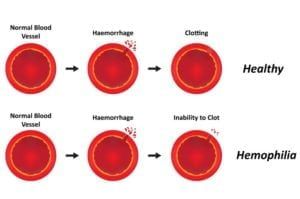When a child is diagnosed with irritable bowel disease (IBD), the first step is understanding that these diseases are chronic but also treatable. Inflammatory bowel diseases, which include Crohn’s disease and ulcerative colitis, cause painful swelling and irritation to the lining of the bowels. Though it is not yet know what causes this inflammation, genetic predisposition and environmental components are believed to play an important role in the development of IBD.
Fortunately, long-term treatment and medical therapies can help most children diagnosed with irritable bowel diseases go on to live healthy and normal lives.
Did you know…
that pediatric IBD occurs equally in both boys and girls? Currently, approximately 1 in 100,000 children develops the disease, many of whom have a family history of irritable bowel disease. Of the 1.6 million people who suffer from irritable bowel disease in the U.S., 1 in 5 of them is a child under age 18.
Frequently Asked Questions
What are the symptoms of irritable bowel disease in children?
At our pediatric gastroenterology office, we see children with a wide range of symptoms caused by irritable bowel disease. Symptoms vary depending on the type of IBD a child has. For example, while Crohn’s disease and ulcerative colitis are similar, they are not the same. Both cause abdominal pain, loose stools and weight loss. However, ulcerative colitis is more likely to cause persistent bloody fecal matter and Crohn’s disease is more likely to affect other areas of the digestive tract outside the intestines, such as the anus. IBD symptoms may come and go in children, providing many months or even years of remissions between flare-ups.
What types of complications can occur in children as a result of IBD?
Irritable bowel diseases can interfere with appetite and the absorption of nutrients, stunting bone growth and delaying the onset of puberty. Some children may also experience complications of IBD or co-occurring symptoms outside the digestive tract. Examples include eye pain, brittle bones, painful joints, kidney stones and liver inflammation. Not all children with IBD in [city] will develop complications of the disease, as symptoms and frequency of flare-ups vary from patient to patient. In fact, many complications can be avoided when steps are taken to maintain remission.
What are the treatments for pediatric IBD?
Your child’s pediatric gastroenterologist will confirm a diagnosis of irritable bowel disease with a physical exam, medical history and a combination of blood testing, stool testing, imaging scans and endoscopy or colonoscopy. IBD is a chronic condition, but treatments are available to achieve and maintain long periods of remission. These may include prescription drugs therapies designed to reduce inflammation and suppress the immune activity, as well as nutritional therapy to ensure IBD does not affect a child’s development. In some cases, particularly when conservative treatment measures have failed, surgery may be necessary to minimize symptoms.











































































































































































































































































































